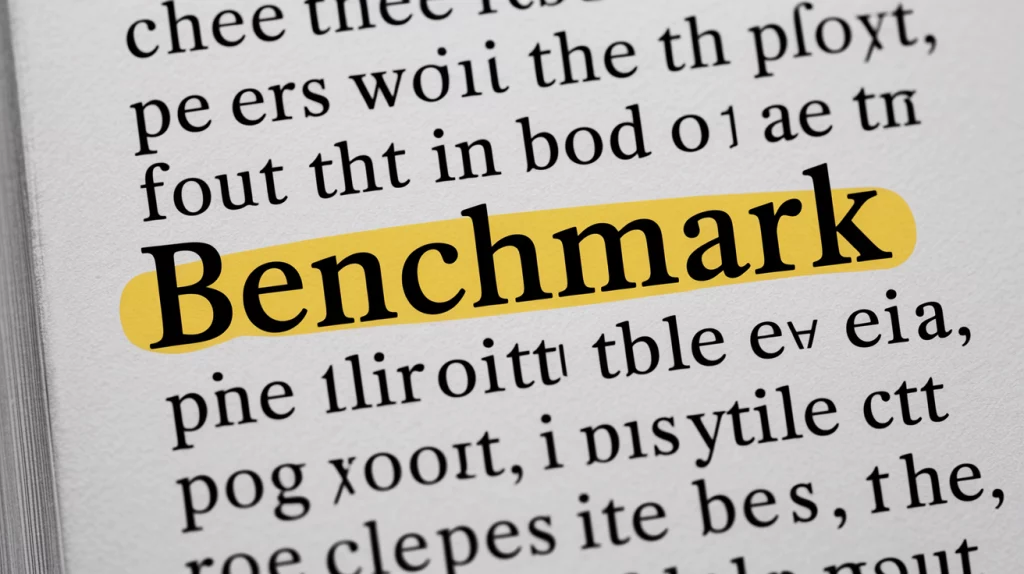What Does “Furlough” Mean?
A furlough is a temporary, unpaid leave of absence imposed by an employer when there’s not enough work or budget but a desire to keep staff on the books. Employees are still technically employed, so seniority, benefit eligibility, and the hope of recall remain intact… Even though pay stops for the duration.
Furlough definition (dictionary): “a leave of absence from duty, especially a temporary, unpaid break from work” merriam-webster.com
So next time, when you hear someone is furloughed, think paused, not fired.

Why Employers Choose Furloughs
Businesses reach for furloughs when the pain is expected to be short-lived: a seasonal slump, a government shutdown, a supply-chain bottleneck, or a sudden cash-flow crisis. Rehiring and retraining are expensive; furloughs preserve hard-won talent so operations can restart quickly once conditions improve. Governments lean on the tactic during budget impasses, for example, hundreds of thousands of U.S. federal workers were furloughed in the 2018–19 shutdown.
How a Furlough Works in Practice
- Full stoppage: All hours go to zero for a set period.
- Reduced schedule: Weekly hours (or entire workdays) are cut, but the employment tie remains.
- Rolling teams: Groups rotate time off so at least a skeleton crew stays on duty.
- Voluntary programs: Staff choose unpaid leave for work-life balance while helping the company trim costs.
In every scenario, employees must avoid doing any work (checking e-mail counts) or the Fair Labor Standards Act (FLSA) may entitle them to pay, especially if they are exempt salaried staff.
Furlough vs. Layoff vs. Reduction in Force
The terms are often muddled but have distinct legal and emotional consequences:
- Furlough: job frozen, pay halted, benefits often continue, recall expected.
- Layoff: employment ends but the position might come back; severance and COBRA usually kick in.
- Reduction in Force (RIF): job eliminated for good; no expectation of return. paylocity.com
Understanding the nuance matters when you negotiate unemployment, benefits, or future job searches.
Do Furloughed Employees Get Unemployment?
In most U.S. states the answer is yes, but with caveats. Because furloughs cut wages to zero (or sharply reduce them), affected workers typically meet the “lost earnings” test for state unemployment insurance. File as soon as you receive your furlough notice, report any partial income accurately each week, and keep evidence that the leave was employer-initiated. Some states waive their one-week waiting period during mass furlough events, but rules differ, so check your state labor agency website.
Legal and HR Compliance Checklist
- Written notice stating start and expected end dates (or review date).
- Equal treatment: rely on objective criteria to avoid discrimination claims.
- Benefits continuity: verify health-plan eligibility thresholds; offer COBRA if hours dip below minimums.
- No off-the-clock work: suspend system access for salaried staff so a stray e-mail doesn’t trigger full-week pay obligations.
- WARN Act: U.S. federal rules rarely trigger if the leave is six months or less, but some states have stricter mini-WARN laws—track head-count reductions carefully.
Tips for Employees Riding Out a Furlough
- Activate unemployment and any union hardship funds immediately.
- Trim expenses: renegotiate subscriptions and defer non-essential purchases.
- Upskill: many online platforms offer free or discounted training to furloughed workers—add certificates to your résumé.
- Stay visible: connect with managers on professional networks, share updates on new skills, and attend optional town-halls so you’re top-of-mind for recall.
Best Practices for Employers
Clear, empathetic communication makes or breaks morale. Provide a dedicated FAQ portal, realistic timelines, and point people toward mental-health resources. Check in periodically—silence breeds rumors faster than any spreadsheet saves cash.
Quick FAQs
Define furlough in one sentence.
A furlough is an employer-mandated, temporary period of unpaid leave that preserves the employment relationship.
What does furlough mean for my benefits?
Most employers keep health insurance active, though premium-sharing rules may shift; confirm in writing.
Can I freelance while furloughed?
Often yes, but review non-compete or moonlighting clauses first.
Do furloughed employees get unemployment every time?
They usually qualify, but each state sets earnings thresholds and weekly certification rules, verify locally to avoid overpayments.

